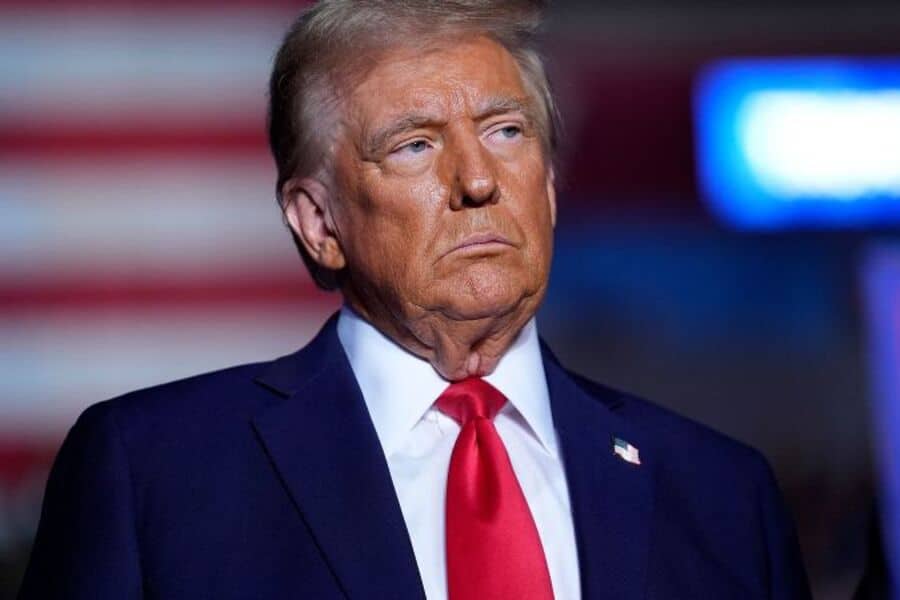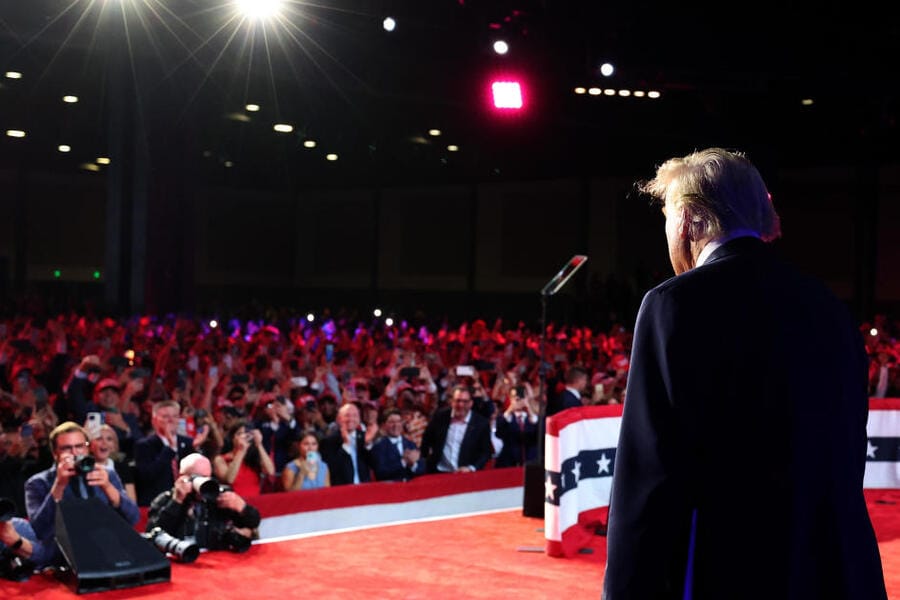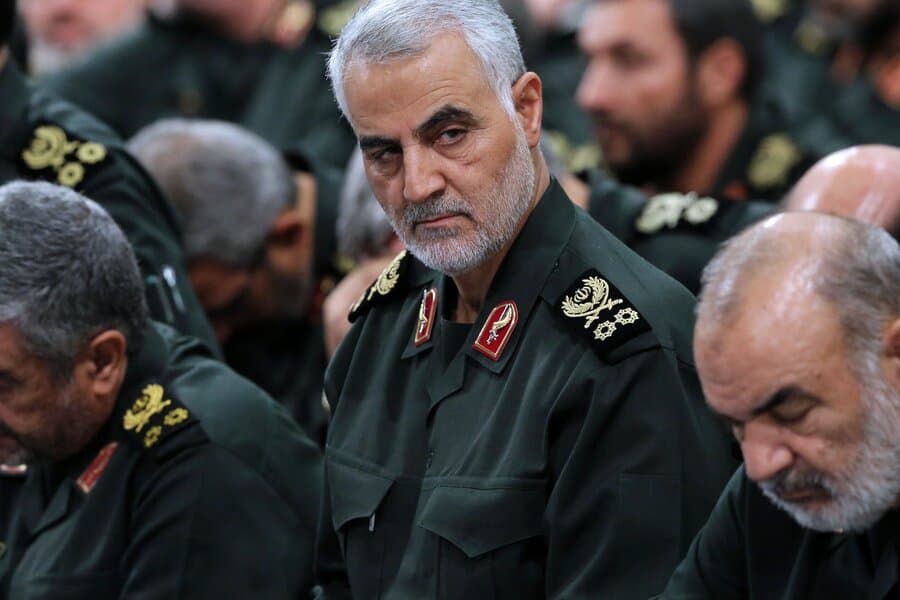Federal prosecutors have charged Farhad Shakeri, an Iranian operative linked to the Islamic Revolutionary Guard Corps (IRGC), in a plot to assassinate President-elect Donald Trump before the upcoming U.S. presidential election. According to court documents unsealed on Friday, Shakeri believed to be residing in Iran, was instructed by IRGC officials to coordinate attacks targeting Trump and several dissidents living in the United States.
The Justice Department’s complaint highlights Shakeri’s extensive involvement in the plot, including his connections with two New York-based associates, Carlisle Rivera and Jonathon Loadholt. The pair were allegedly hired by Shakeri as part of a broader Iran-backed network tasked with silencing outspoken critics of the Iranian regime. Rivera and Loadholt were charged in a separate case involving their surveillance of an Iranian American journalist, a vocal opponent of Tehran’s government, who resides in New York.
The FBI’s investigation into Shakeri’s activities uncovered a complex network of criminal contacts within the United States. Shakeri allegedly paid Rivera and Loadholt to gather information on the journalist and other dissidents, using surveillance tactics, encrypted communications, and plans to recruit additional operatives for future attacks. The case has raised significant alarm among U.S. intelligence agencies, as the plot extended to potential mass shootings targeting Israeli tourists abroad.

According to the charging documents, the initial plan to assassinate Trump was set for execution in September but was postponed when Iranian officials predicted a Trump loss in the presidential election. The IRGC operatives instructed Shakeri to continue monitoring Trump and key dissidents until they deemed it a more favorable time to carry out the attack. This delay highlights the calculated and strategic approach taken by Iranian officials in their attempt to influence and retaliate against perceived threats.
In a public statement, FBI Director Christopher Wray condemned the IRGC’s actions, labeling the assassination plot as a severe threat to U.S. national security. “The IRGC’s use of criminal networks to target Americans on U.S. soil is a direct affront to our sovereignty and will be met with swift justice,” Wray declared. Attorney General Merrick Garland also addressed the charges, emphasizing the Justice Department’s commitment to protecting U.S. citizens from foreign-backed threats. “We will not tolerate any attempts by hostile foreign actors to endanger the lives of Americans,” Garland stated.
The broader investigation comes against a backdrop of escalating tensions between the United States and Iran following the targeted killing of IRGC General Qasem Soleimani by U.S. forces in 2020. Since Soleimani’s death, Iranian officials have openly expressed a desire for retaliation, targeting prominent American figures, including former members of the Trump administration. The plot to assassinate Trump, alongside attempts to silence high-profile critics, marks a bold escalation in Iran’s campaign of influence and intimidation beyond its borders.
Shakeri remains at large and is believed to be hiding in Iran, avoiding capture by U.S. authorities. His associates, Rivera and Loadholt, were apprehended in New York and have been detained pending trial. The arrests underscore the ongoing risks posed by foreign interference and the targeting of U.S. citizens by hostile state actors. The Justice Department’s investigation into this network highlights the importance of heightened vigilance and robust counterterrorism efforts to prevent further attacks.

This case also signals a broader effort by U.S. intelligence and law enforcement agencies to bring public attention to Iran’s attempts to suppress dissidents on American soil. The targeting of U.S. government figures and activists reflects an aggressive strategy by the IRGC to retaliate against perceived threats to the Iranian regime. In recent years, the Justice Department has charged numerous defendants acting on behalf of Iran as part of a coordinated campaign to intimidate and silence critics.
The charges against Shakeri and his associates illustrate the growing concern over the IRGC’s tactics, which include leveraging criminal networks and utilizing sophisticated surveillance methods. The case serves as a stark reminder of the evolving threats posed by foreign adversaries and the need for continued vigilance in protecting the safety and security of Americans at home.
As the investigation unfolds, U.S. officials are working to uncover the full extent of the plot and assess potential threats posed by other operatives linked to the IRGC. The outcome of this case may have significant implications for U.S.-Iran relations and set a precedent for how the U.S. government addresses foreign-backed assassination plots on its soil.
